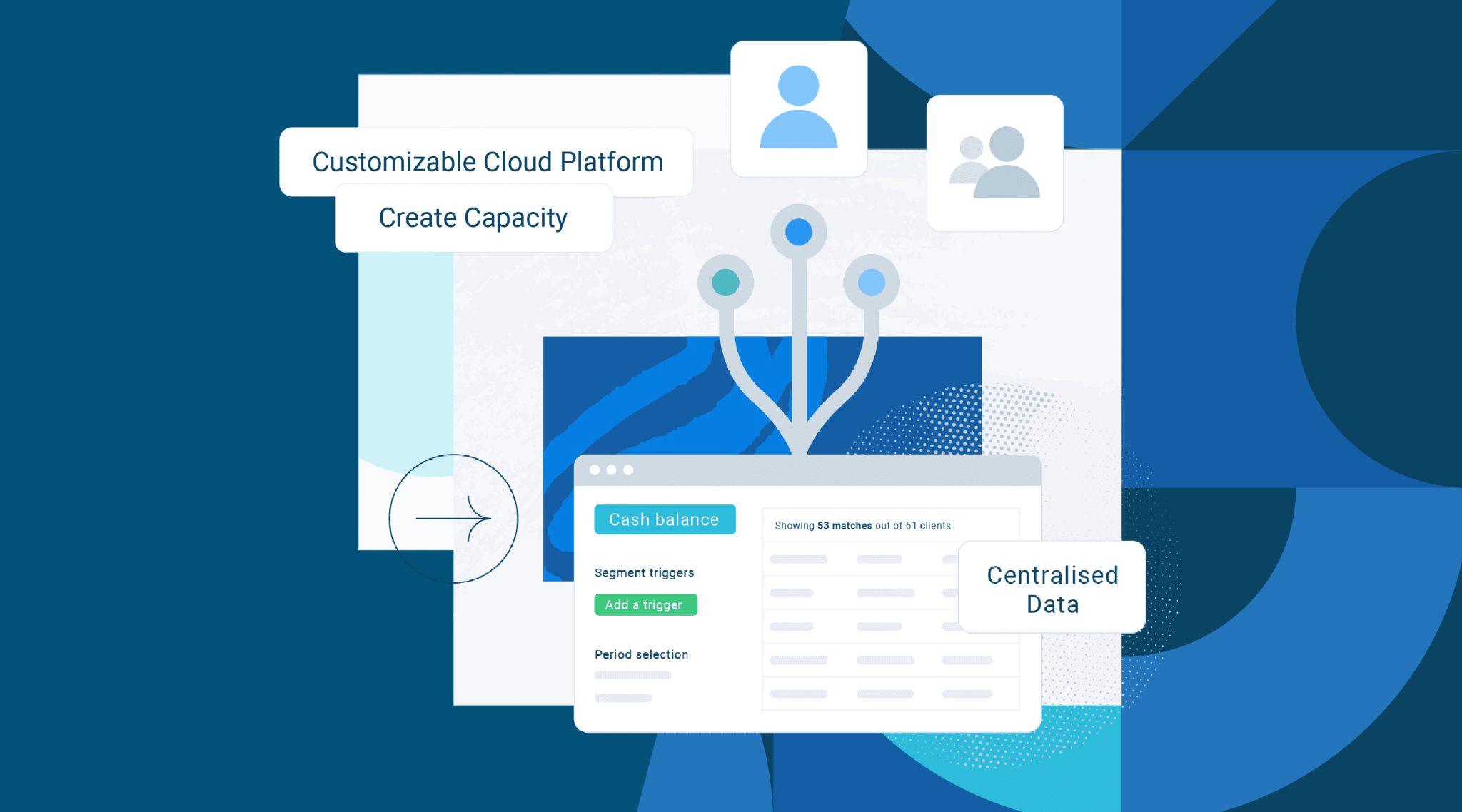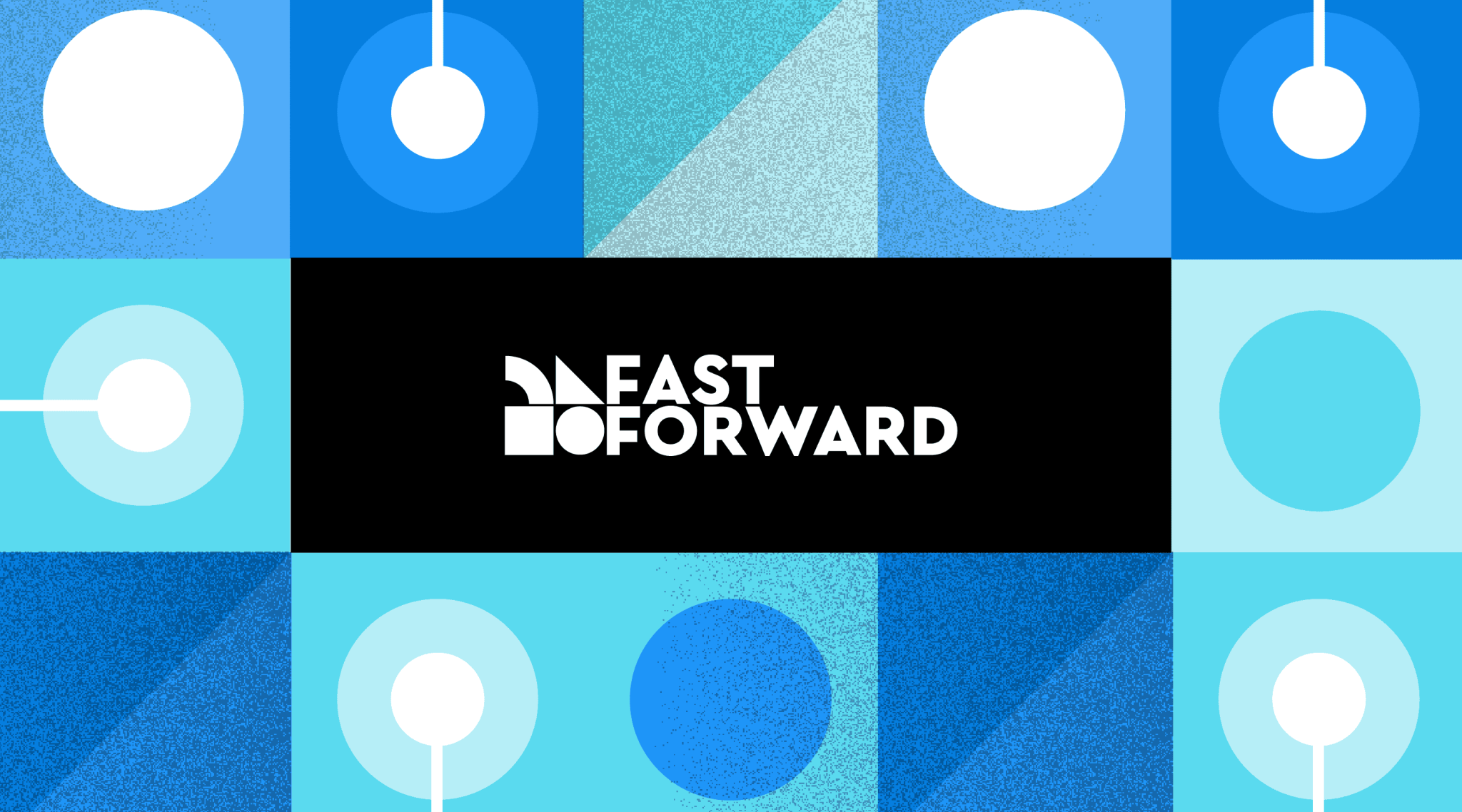Technology holds the key to delivering the advisory services your clients really want.
Joining the dots
We make connections all the time. Whether it’s connecting with people on LinkedIn to grow our professional network or bonding with a social group, the notion of joining things together to make life better, happier and more successful is universal. It defines being human even. Being connected is good for your business, and technology only makes it easier.
A recent report by research and consulting firm Frost & Sullivan shows that companies investing in collaboration technologies significantly increase productivity. Cloud technology allows for easy collaboration and connectivity between employees, and many accounting firms are moving to the cloud because they’re now able to understand the real advantages it gives, such as better mobility and more efficient interaction with clients.
Cloud accounting can streamline workflows, improve communication, lead to better record keeping, and eliminate repetitive, time-consuming tasks. This frees up employees to provide the advisory services that are set to define the future of accounting and helps clients meet the needs of rapidly changing markets.
It also helps firms recruit and retain the best talent, which will prove critical as demand for accountants with enhanced digital and advisory skills intensifies. In a world of automation, tomorrow’s accountants will have little tolerance for manual processing and clunky workflows.
We’re seeing a shortage of talent in the finance industry. New tools are allowing organisations to upskill existing employees and also attract the best new talent. It’s helping to make the right people more effective.
So, with the varied opportunities cloud technology offers accountants, the question is: is the message getting through?
A focus on the future
We’ll soon report the full findings of our state-of-the-industry survey, which analyses how technology and client expectations are transforming accounting.
Worryingly, 52% of respondents in our survey said that the biggest threat to their future success was access to the right technology. This was followed by skills of the team (45%) and access to new talent (44%).
In terms of using cloud technology to become the client’s business partner and trusted adviser, only 14% of respondents said that advisory services are their biggest source of revenue currently, behind bookkeeping (42%) and compliance (32%).
However, a massive 76% said that they expect advisory services to be their biggest revenue earner in five years’ time, with bookkeeping (11%) and compliance (5%) a distant second and third.
Accountants and partners know that accounting is changing and that they should put their focus on providing advisory services. But turning awareness into reality is a different story. Transforming the core nature of the business can seem a daunting prospect. How do partners go about instigating this fundamental change? How can they undertake this process in an efficient, cost-effective way and what role will technology play?
Silverfin can help. Our integrated, cloud accounting platform powers what we call connected accounting. It’s a fundamental shift in purpose for accounting. You’ll be a connected accountant when your firm has successfully passed through four key stages of digital maturity. We call them the Four Sights of Connected Accounting. The benefits are as follows:

Better connectivity
Our platform means accountants can access all financial data, no matter what the source. All digitised data is then consolidated in a single, secure data hub, giving a complete vision of all your client data. Information is up to date and imported in real-time, giving one version of the truth. Accountants always have the latest figures to work with, available at all times.
Dedicated client portals also connect accountants with colleagues and clients. All correspondence and data are held on the client file, so everyone has access to what they need. It also leaves a clear communication history, helping with compliance requirements.

Improved automation
Silverfin’s platform standardises all data, making it accessible and workable from a single dashboard. Standardisation allows automation – the ability to create one-click workflows and reporting, removing hours of laborious manual work from the accountant’s day.
Automating in this way will streamline accounting workflows and processes, eliminate errors and liberate accountants to reinvest the time saved in their clients.

Insights and analytics
By automating previously manual tasks, accountants then have the time – and the tools – to delve deeper into clients’ data and find actionable insights and start to develop value-added advisory capabilities.
Silverfin’s powerful analytics and reporting tools allow accountants to benchmark clients across their whole portfolio and against best-practice. Automated alerts prompt proactive guidance, giving clients advice at the right time to enable them to take strategic business decisions.
These are services clients really value, and the services that accountants tell us will represent their biggest area of growth over the next few years.
Accountancy will always be about the numbers. But technology and automation are putting the focus away from creating numbers to interpreting them. Using our people skills to build long-term relationships with clients and our expertise to find the insights in the numbers that result in great advice for them – and that means opening up valuable new revenue streams in advisory services.
Balancing success in compliance with leadership in advisory services will be key to success for firms of the future.




